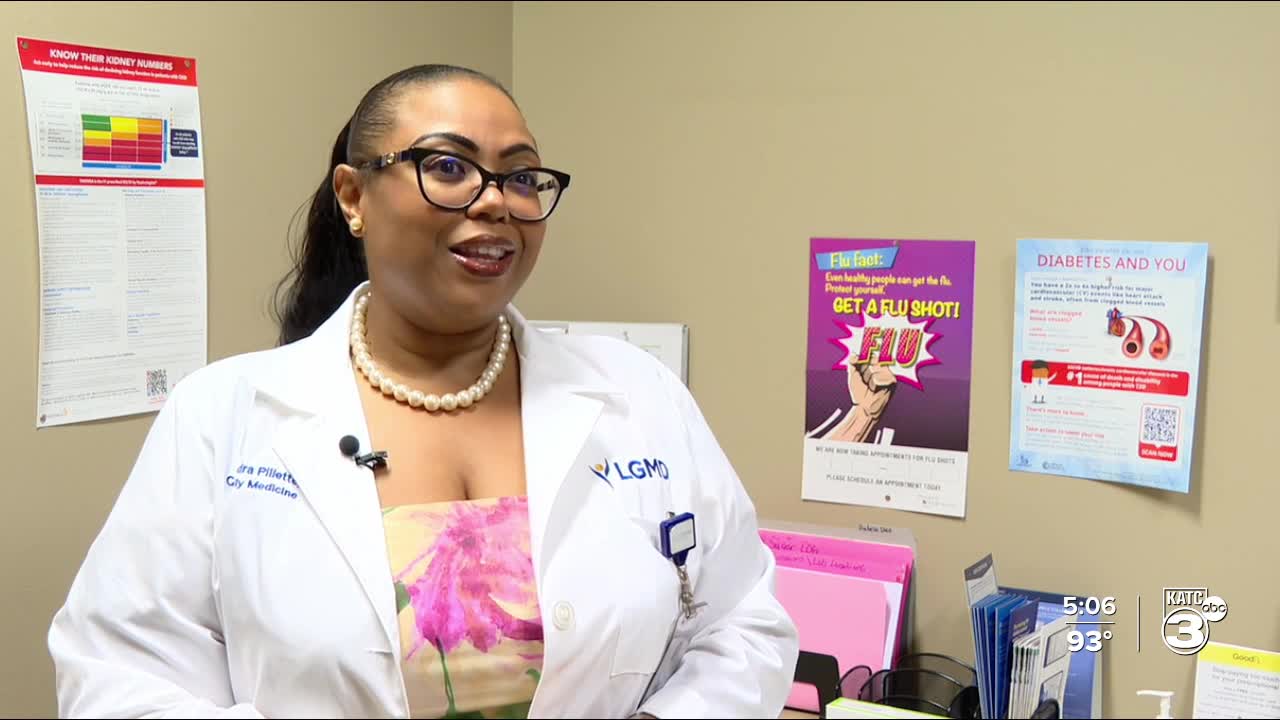LAFAYETTE PARISH — A growing number of teens across the country are being diagnosed with prediabetes—a condition that, if left untreated, can lead to type 2 diabetes later in life.
According to the CDC’s National Health and Nutrition Examination Survey, nearly 28% of U.S. adolescents aged 12 to 17 now meet the criteria for prediabetes. Many of them are unaware of it, as the condition often presents with no apparent symptoms.
Family practice physician with Ochsner Lafayette General, Dr. Cassandra Pillette, says she’s seen the shift firsthand.
“We are definitely seeing more teens with prediabetes here in Acadiana,” Pillette told KATC. “A lot of it comes down to diet, lack of physical activity, and even increased screen time.”
The CDC defines prediabetes based on elevated blood sugar levels—either by A1c test or fasting glucose test—in patients who haven’t yet been diagnosed with diabetes. The national survey, which utilized lab data from a large sample of adolescents, estimated that more than a quarter of American teens may already be at risk.
The good news, experts say, is that prediabetes in teens is highly manageable and reversible, especially when caught early. Doctors recommend adopting better eating habits, engaging in more physical activity, maintaining regular sleep routines, and reducing consumption of sugary drinks and processed foods.
Dr. Pillette also emphasizes the importance of open, judgment-free conversations between parents and teens—encouraging positive changes rather than focusing on blame.
For more on prediabetes and how to schedule screenings, click here.




